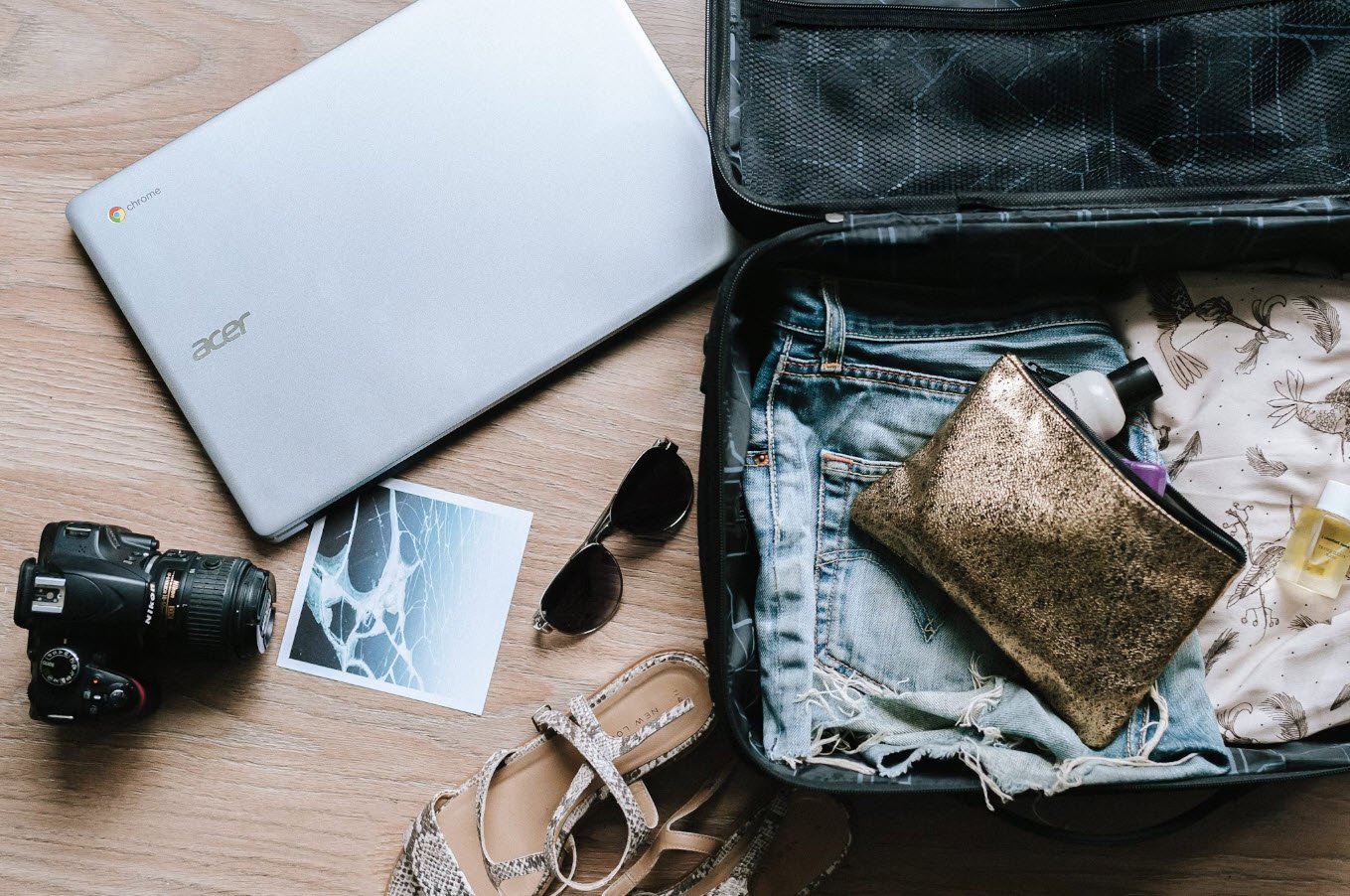
Travel Insurance 101 - Everything You Should Know
Planning a trip? Then travel insurance is one thing you shouldn’t skip—even if you never need to use it. It protects you in case something goes wrong while you’re away, from flight cancellations and lost luggage to medical emergencies abroad. This beginner-friendly guide covers everything you need to know about travel insurance, so you can travel with peace of mind.
What Is Travel Insurance?
Travel insurance is a safety net that helps cover unexpected problems that may happen before or during your trip. Think of it like car insurance or health insurance—but for travel.
It Can Cover:
- Trip cancellations or interruptions
- Medical emergencies abroad
- Lost, stolen, or delayed baggage
- Flight delays
- Emergency evacuation
- Accidental death or dismemberment
What Types of Travel Insurance Are There?
Here are the most common types of coverage:
1. Trip Cancellation & Interruption
Reimburses your prepaid costs if you cancel or cut your trip short due to illness, injury, or emergencies (like a death in the family).
2. Emergency Medical Coverage
Covers doctor visits, hospital stays, and emergency care while abroad (especially important if your regular health insurance doesn’t cover you overseas).
3. Emergency Evacuation
Pays for transport to the nearest hospital or back home in serious cases (natural disasters, remote injuries, political unrest).
4. Lost or Delayed Baggage
Covers costs if your bags are lost, damaged, or delayed for several hours.
5. Travel Delay
Reimburses food, lodging, or transportation if your flight is delayed for several hours or overnight.
6. 24/7 Assistance
Many plans include a 24-hour hotline to help with medical referrals, language translation, or rebooking flights.
Who Needs Travel Insurance?
Everyone who’s traveling, but especially:
- International travelers
- Adventure travelers (skiing, scuba diving, hiking, etc.)
- Travelers with pre-paid tours or non-refundable bookings
- Seniors or people with medical conditions
- Long-term travelers and backpackers
How Much Does It Cost?
Travel insurance is usually 5% to 10% of your total trip cost.
Example:
- Trip cost: \$2,000
- Insurance: \$100–\$200 (depending on age, destination, coverage)
How to Choose the Right Travel Insurance
Here’s what to look for when picking a plan:
1. Coverage You Actually Need
- Are you worried about trip cancellations? Lost baggage? Health issues?
- Going on a cruise or adventure activities? Make sure that’s covered.
2. Coverage Limits
Check how much the plan pays for each item (e.g. \$50,000 for medical, \$500 for baggage).
3. Exclusions
Some policies don’t cover pandemics, pre-existing conditions, or high-risk sports unless you pay extra.
4. Reviews and Ratings
Choose a trusted company with good reviews and strong customer service.
5. Flexibility
Look for cancel-for-any-reason (CFAR) upgrades if you want maximum control.
How to Buy Travel Insurance
You can buy insurance:
- Through a comparison site (like Squaremouth, InsureMyTrip, or TravelInsurance.com)
- Directly from travel insurance companies (like Allianz, World Nomads, SafetyWing)
- From your airline, cruise, or tour operator
- Or check if your credit card offers travel insurance as a perk
What’s NOT Covered?
Travel insurance doesn’t cover everything. Common exclusions include:
- Changing your mind
- Traveling against government advice
- Incidents related to alcohol or drug use
- Pre-existing conditions (unless covered by a special policy)
- Routine medical care (like a dental check-up)
What to Do If You Need to File a Claim
- Keep all receipts and documents (flight cancellations, hospital bills, etc.)
- Contact your provider as soon as possible
- Submit a claim form online or by email
- Follow up and be patient—it may take a few weeks to process
Final Thoughts
Travel insurance is one of those things you hope you never need—but when something goes wrong, you’ll be glad you have it. Whether it’s a missed flight, a stolen backpack, or a broken ankle, travel insurance helps you focus on the adventure, not the stress.
So before you take off, make sure you’re covered—just in case.
Comments
Comments are closed.
 ENG
ENG






